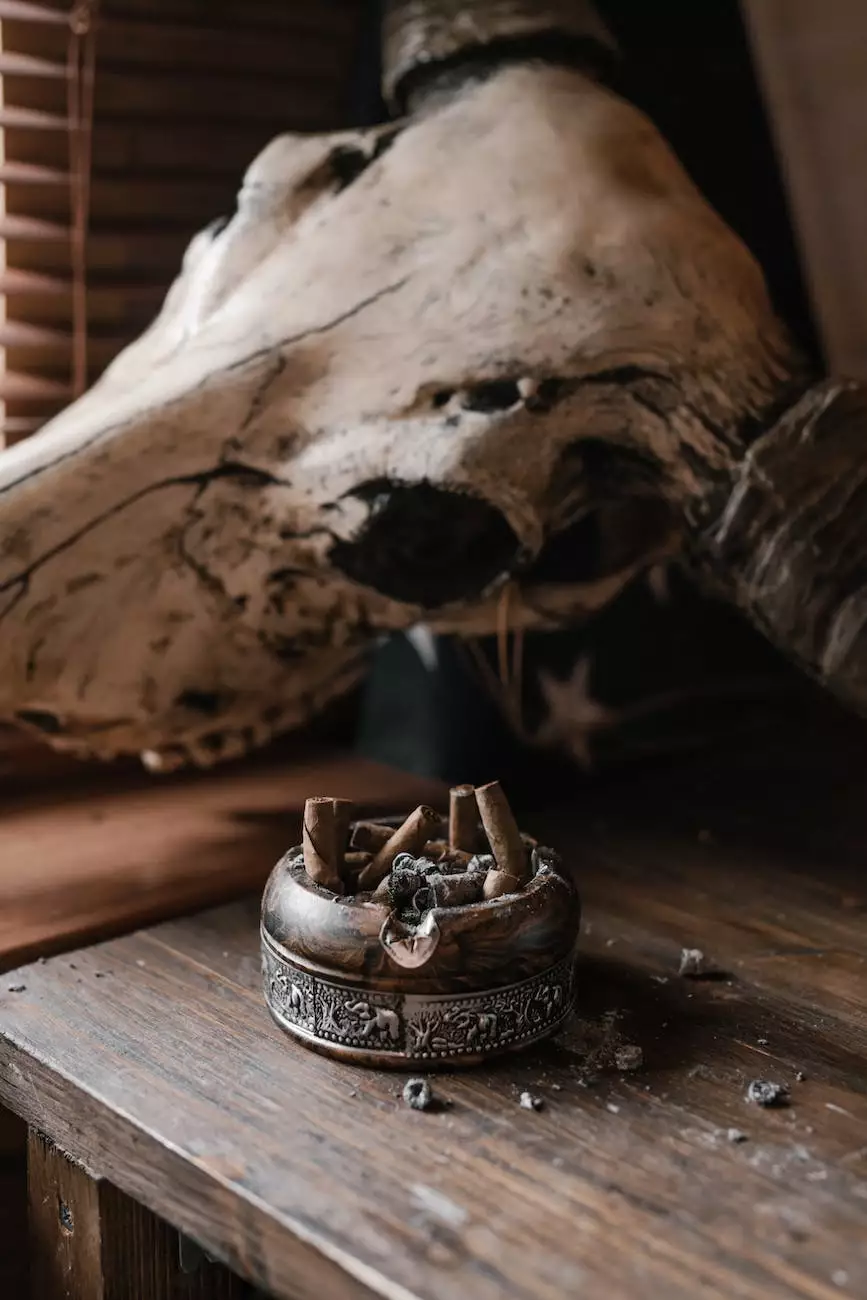Taking Care of Your Dog's Ears

Welcome to HGRBS, your go-to resource for all things related to home and garden. In this comprehensive guide, we will provide you with valuable information on how to properly care for your furry friend's ears. As a responsible dog owner, it's essential to understand the importance of regular ear care and the steps you can take to prevent common ear problems.
The Importance of Dog Ear Care
Dogs have highly sensitive ears that require regular maintenance to ensure their overall well-being. Neglecting proper ear care can lead to various ear problems such as infections, mites, allergies, and wax buildup. By dedicating time and attention to your dog's ears, you can prevent these issues and promote their overall ear health.
Step-by-Step Guide to Dog Ear Cleaning
When it comes to cleaning your dog's ears, a gentle and cautious approach is crucial. Follow these step-by-step instructions to effectively clean your dog's ears:
- Gather the necessary supplies: You will need a veterinarian-approved ear cleaning solution, cotton balls or pads, and treats to reward your dog for their cooperation.
- Choose the right time and environment: Find a quiet and comfortable space where you and your dog can relax during the ear cleaning session.
- Gently inspect the ears: Check for any signs of redness, inflammation, discharge, or odor. If you notice anything unusual, it's important to consult your veterinarian.
- Apply the ear cleaning solution: Follow the instructions on the product label and apply the appropriate amount of cleaning solution to a cotton ball or pad.
- Clean the outer ear: Gently wipe the visible part of your dog's ear with the dampened cotton ball, being careful not to insert anything into the ear canal.
- Address excessive wax buildup: If your dog has excessive wax or debris in their ears, consult your veterinarian for further guidance on how to safely remove it.
- Reward and praise: After completing the ear cleaning process, reward your dog with treats and praise for their cooperation and good behavior.
Preventing Ear Problems in Dogs
Regular ear cleaning is just one aspect of proper ear care for your dog. Here are some additional tips to prevent common ear problems:
- Regular grooming: Keep your dog's ears clean and properly groomed by trimming excess hair around the ear canal. This helps to enhance airflow and reduce the risk of moisture buildup.
- Diet and nutrition: Ensure your dog has a balanced diet that supports their overall immune system and ear health. Consult your veterinarian for advice on the best diet for your specific breed and age of the dog.
- Avoid irritants: Be mindful of potential irritants such as excessive dust, pollen, and harsh chemicals that can trigger ear problems. Minimize exposure to these irritants to reduce the risk.
- Regular veterinary check-ups: Schedule routine visits to your veterinarian, who can provide professional ear examinations and address any potential issues before they escalate.
- Avoid excessive moisture: Moisture can create a breeding ground for bacteria and fungi. Dry your dog's ears thoroughly after bathing, swimming, or exposure to heavy rain.
- Pay attention to your dog's behavior: Watch out for signs of discomfort such as excessive scratching, head shaking, or unusual odor. If you notice any of these signs, consult your veterinarian for further evaluation.
When to Seek Veterinary Assistance
While regular ear care can prevent many ear problems, there are instances when professional veterinary assistance is necessary. Contact your veterinarian if you observe any of the following:
- Persistent ear scratching: Excessive scratching, especially when accompanied by redness or swelling, may indicate an underlying issue.
- Strong odor or discharge: An unusual odor or discharge from your dog's ears could be a sign of infection.
- Change in behavior: If your dog appears lethargic, experiences a loss of appetite, or displays unusual behavior, it's crucial to seek veterinary attention.
- Visible foreign objects: If you notice any foreign objects lodged in your dog's ears, do not attempt to remove them yourself. Consult your veterinarian for safe removal.
- Bleeding or trauma: In cases of trauma or bleeding from the ears, immediate veterinary care is essential to prevent further complications.
Conclusion
Caring for your dog's ears is an essential part of being a responsible pet owner. By following the steps and tips provided in this comprehensive guide from HGRBS, you can help prevent common ear problems and ensure your furry friend's overall ear health. Remember, regular ear care, grooming, and veterinary check-ups are key in keeping your dog's ears happy and healthy.










